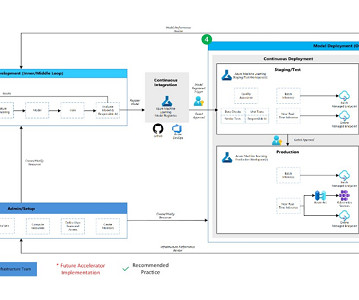10 edge computing innovators to keep an eye on in 2023
Dataconomy
APRIL 26, 2023
The realm of edge computing has witnessed a substantial surge in recent years, propelled by the proliferation of remote work, the Internet of Things (IoT), and augmented/virtual reality (AR/VR) technologies, which have necessitated connectivity at the network’s periphery and novel applications. The San Mateo, Calif.-based












Let's personalize your content